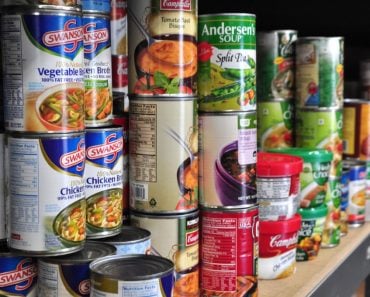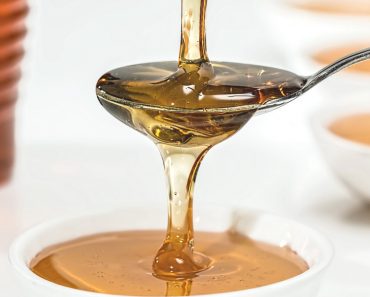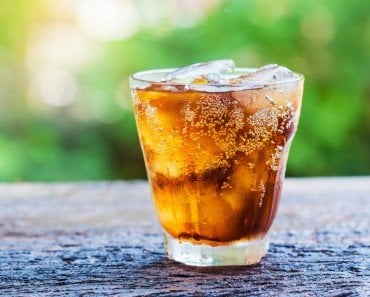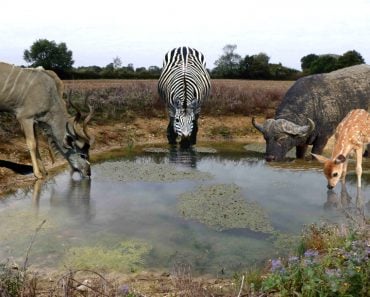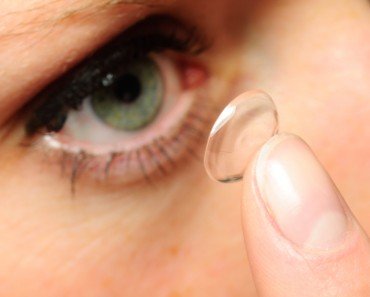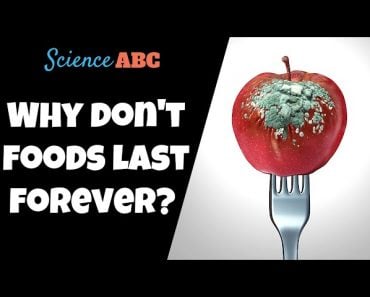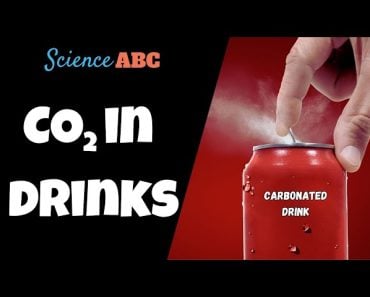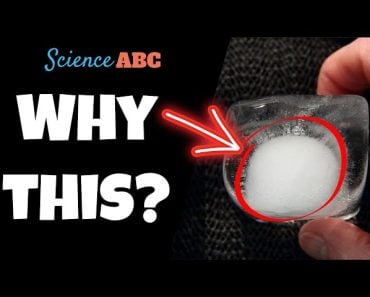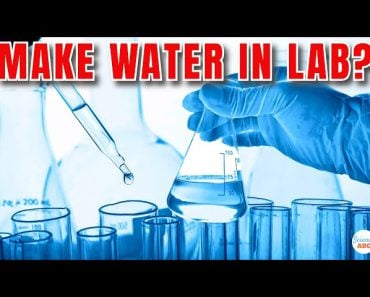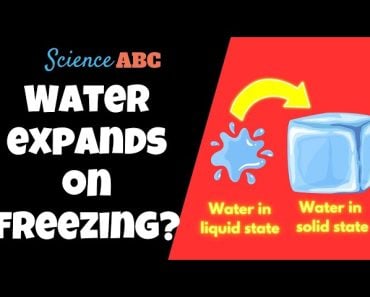Table of Contents (click to expand)
Yes, bottled water can expire. It can go bad because it is subject to the same aging effects as water that is not bottled. The expiration date on bottled water is the point at which the additives in the water will stop working and the water will become susceptible to the growth of microbes.
This has happened to everyone at least once… We take out a bottle of water from the fridge, fill a glass, forget to drink it, and then leave it on a table for later. When we feel thirsty again, we might just take another bottle from the fridge and drink from that, completely forgetting about the glass of water already waiting for us on the table. Imagine that a day or two passes, and when we finally notice the glass of water the next day and drink from it, the water tastes weird.
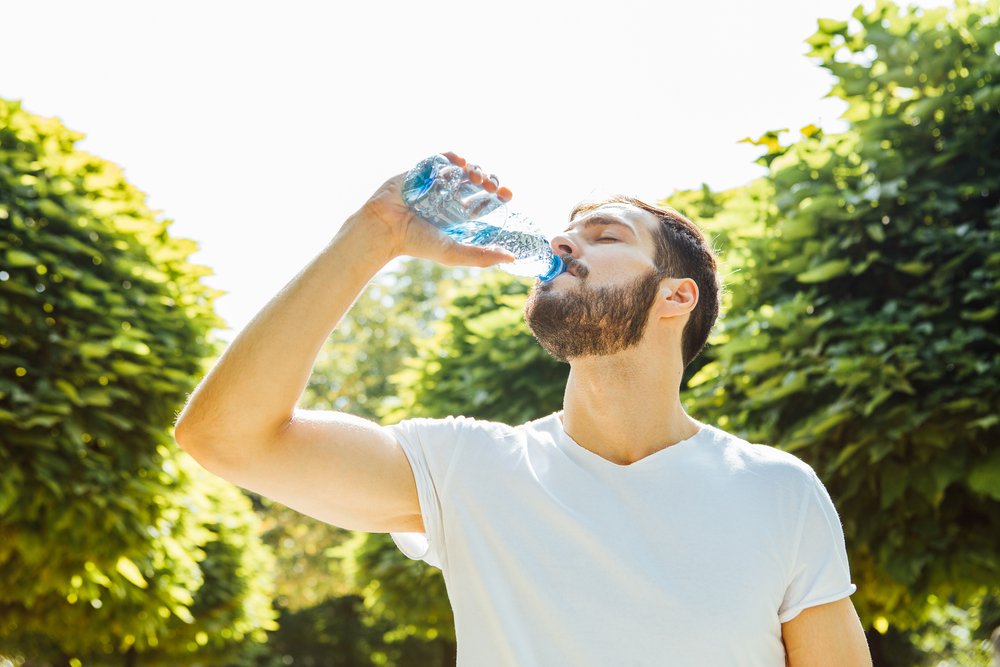
What’s even stranger that water changing its taste is the ‘expiration date’ that is listed on bottles of water. What does that expiration date mean? Can water actually go bad?
Why would water that was perfectly good a day ago taste funny after sitting out for a day?
Recommended Video for you:
Chemistry At Play
Water itself doesn’t have any sugars or proteins on which microbes can feast, so there is no danger of water “rotting” in the traditional sense when kept out in an open space for a long time.
However, when water is kept out in the open for an extended period of time, things do tend to change a bit. The carbon dioxide in the air comes in contact with the water and gradually, 0.13% of the water turns to carbonic acid.

Some of the molecules of this newly formed carbonic acid may lose a proton or two, and thus cause the formation of carbonates and bicarbonates. In turn, this changes the pH of water towards the lower side, making it slightly acidic (low pH signifies an acidic nature). This is what causes that weird taste of water.
However, this slight change in the pH of water is not likely to hurt you, but that old glass of H20 might not be the pleasant and refreshing beverage that you were hoping for.
More Than Chemicals
It is not only the formation of carbonate in the water that changes the taste; there are also a few other factors to consider. One of these factors is actually quite gross.
When water is kept out in the open for too long, it becomes an easy host for mosquito larvae and susceptible to the growth of algae (Yuck!). Obviously, you wouldn’t be able to see algae growth with the naked eye, so don’t waste your time looking. Also, a major contributor to this bad taste of open water is the dust in your house. You will notice that water kept in a glass with a covered top doesn’t taste nearly as bad as an uncovered glass of water.
Expiration Dates On Bottled Water
The case of bottled water also experiences some aging effects over time. Packaged water has certain additives (like chlorine), which ensure that the microbes present in water do not multiply. However, after a few days, i.e., after the expiration date, the additives will stop working and will fail to check the rapid multiplication of microbes in water. This is why bottled water can also taste bad after the expiration date has passed.
In short, it would be a good idea to drink water right after taking it out of the fridge, before you’re distracted by the next shiny thing and forget all about the refreshment you were seeking!


